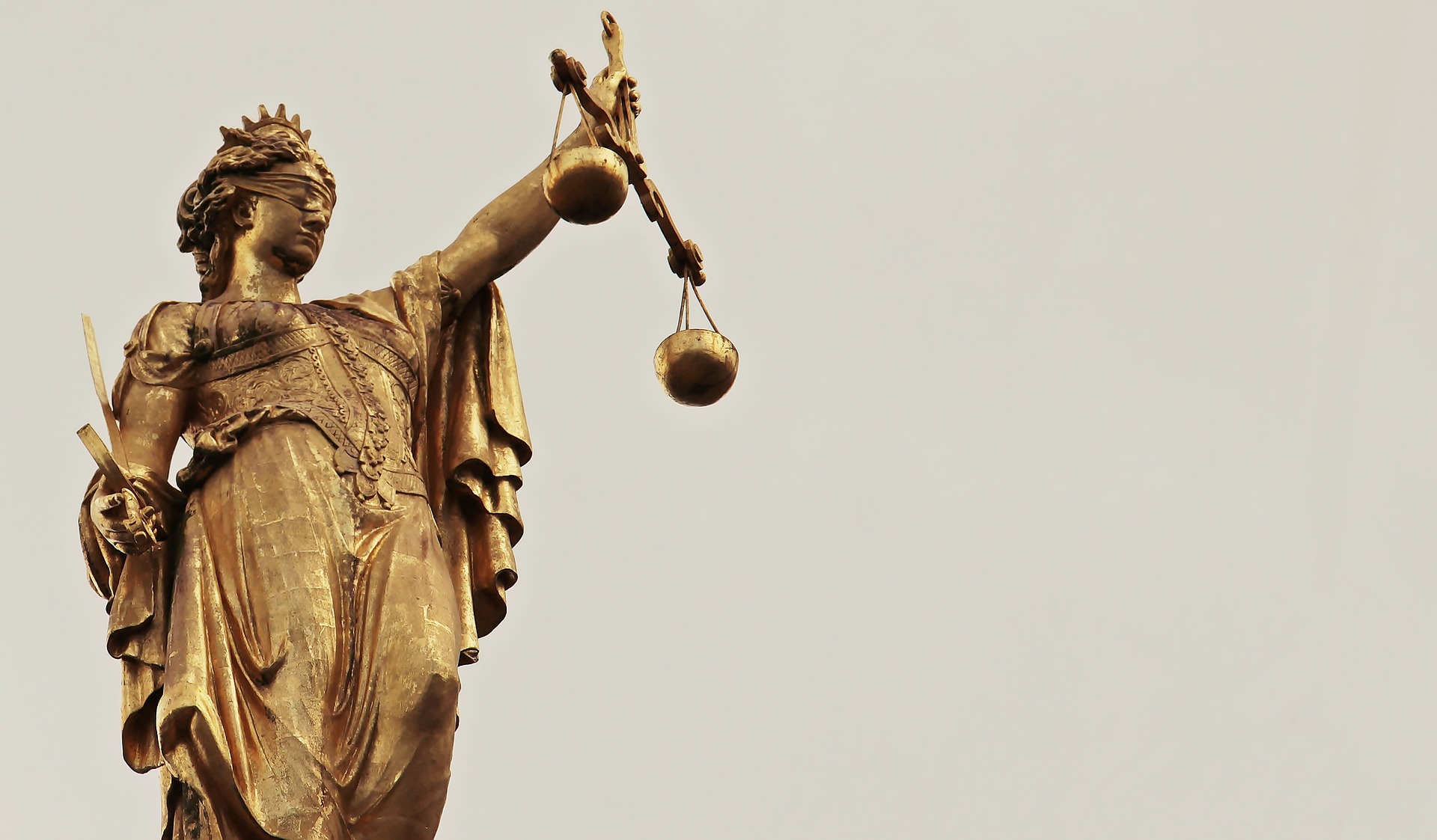Journalists are hiding information from you, but not in the way you think.
Many journalists—protected by the decades-old ethical standard of journalistic objectivity—fail to engage in anything more than surface-level interviews with their sources. “Objectivity” hinders reporters from building trusting relationships with their sources, resulting in poor reporting that lacks emotion. News outlets should abandon “objective” journalism and adopt social journalism so that reporters can have transparent conversations with their sources and, in turn, tell their stories representatively and accurately. This reform is especially crucial for people of color, as “objective” practices forgo their painful histories that the news should acknowledge. “Objectivity” does not make a story truthful—it hinders the pursuit of truth.
In his first weeks at the Boston Globe, journalist Wes Lowery covered a stabbing in Roxbury, Massachusetts, a predominantly Black neighborhood. A local man—who was in disbelief that the Globe even had a Black reporter—turned Lowery away upon his arrival because he was upset that the news reported crime and crime alone in Roxbury. However, the man eventually opened up after Lowery recognized his grief and frustration with the media. Lowery went on to cover the stabbing. But, he included how the over-policing of neighborhoods of color leads to higher crime rates and how the Roxbury community came together to heal and make change. This experience inspired Lowery to never produce the all-too-common and close-minded story of crime in a Black neighborhood, commencing his advocacy for objective journalism’s abolition.
But many journalists view Lowery’s unobjective reporting as unethical, silently denouncing unobjective reporting as completely biased and untrustworthy. Lowery was not being “objective” when he connected with the Roxbury man about their shared experiences of racism. By not acting with neutrality, Lowery put the news’s status quo in jeopardy.
But by not limiting his story to just facts, Lowery reported on what really happened in Roxbury. Lowery wrote about the history that contributed to the stabbing and how the Roxbury community was affected. He wrote beyond the Roxbury Police Department’s press release. Lowery wrote about the people.
Simply put, objective journalism is the practice of reporting on only the facts of an event. While this reporting often includes anecdotes from interviews with witnesses, family members of a victim or defendant, or prominent community members, these interviews are merely used to further corroborate the facts of the event. In social journalism, however, interviews and contextual information are used to piece together and explain how and why the event occurred, and its effect on the people involved. Social journalism reports on the facts, and the people.
That said, many reporters argue that objective journalism has no clear definition. We have all heard a friend or family member call a news outlet “biased.” Regardless of how sensible that person may seem, they have a point; the public understandably conflates journalistic objectivity with accuracy because they are led to believe these are synonymous. However, this is not the case.
In his article “Re-thinking Objectivity,” Brent Cunningham points out this inconsistency, saying “ask ten journalists what objectivity means and you’ll get ten different answers.” The Society of Professional Journalists (SPJ) acknowledged this dilemma by removing “objectivity” from its ethics code. The SPJ also replaced “the truth,” which indicates that people live the same lives and have the same perspectives, with simply “truth,” which accounts for the opposing realities and viewpoints that a woman of color, for example, has compared to a White woman.
Objectivity is a safety net that guards journalists from poor reactions to their stories. The Fairness and Accuracy in Reporting media-criticism organization says journalistic objectivity actually means “don’t scare away any potential customers.” Reporters do not present completed stories to news consumers because of journalistic objectivity. Readers do not have the opportunity to form an opinion or become opposed to objectivity; journalists protect the standard as an ill-defined secret to agreeable and unremarkable reporting.
The public values accurate news. Advocates for objective journalism falsely place accuracy under the title of “objectivity,” but it is not included in the term’s broken definition. An article that explains not only what happened, but also how it affected those involved, is accurate because it is representative. Objective journalism, however, often falls short of accurate reporting because it limits the interactions between the writer and the subject. Lowery would not have accurately represented Roxbury had he remained “objective,” yet the status quo calls for journalists to be just that—unbiased, unaffiliated, and reporting only on surface-level facts.
Perhaps if journalists start having two-way conversations with their subjects rather than one-sided interviews, people’s views could be discussed, deconstructed, and chronicled.
Author, professor, intersectional feminist, and social activist bell hooks interrogated objectivity through her perspectives as a Black woman in her 1992 essay collection, Black Looks. hooks critiques Jennie Livingston’s Paris is Burning documentary, in which the queer White director filmed the personal and performing lives of Black drag queens in New York City in 1990. hooks notes that Livingston never appears in the film and, more notably, never answers why she decided to focus on Black queer culture, what type of research she did on the community, or what her motivations were to create the film. Livingston approached her documentary the same way that “objective” journalists report—she acted impartially by being unaffiliated with her sources and with the subject of Black drag culture.
In response to Livingston never answering a question from OutWeek Magazine on how she built trust with her interviewees, hooks writes that “she suggests that she gains her ‘credibility’ by the intensity of her spectatorship.” Livingston corroborates this by stating that she “targeted” sources in her documentary “who had stuff they wanted to say and were very happy that anyone wanted to listen.” By acting “objectively,” Livingston only featured individuals in her film that were willing to have a one-sided conversation with her.
As hooks says, by not acknowledging “what knowledge, information, or lived understanding of Black culture and history she possessed . . . or [explaining] what vision of Black life she hoped to convey and to whom,” Livingston displayed the personal lives of Black queer individuals in the way that White people already thought of them. By peering into the lives of Black queer performers from the outside, Livingston was never able to acknowledge what her Whiteness meant in her intention to explain an aspect of Black life. Due to her objective practices, the director ultimately appropriated queer people of color and did not representatively display their culture to the world.
Like Livingston, Lowery had the choice to make the people of color in Roxbury yet another spectacle in his reporting—in his case, a spectacle of crime. But he chose accuracy and transparency within social journalism instead.
Journalists should follow in Lowery’s footsteps by doing away with the notion of “objectivity” and adopting social journalistic practices. Journalists should focus on representing the stories of others by acting transparently, reporting with intersectionality, and writing responsibly. Social journalism is essential to representing the people that journalists serve, meaning that the SPJ’s Code of Ethics should boldly advocate for it, not simply allude to it. When news outlets adopt social journalism, stories will represent the honest thoughts and truths of the public, allowing journalists and the people to begin trusting one another. Above all, people of color will be able to voice the historic pains that burden their communities and shock White Americans’s stagnant perspectives.
Then, we can finally trust that journalists are listening.



